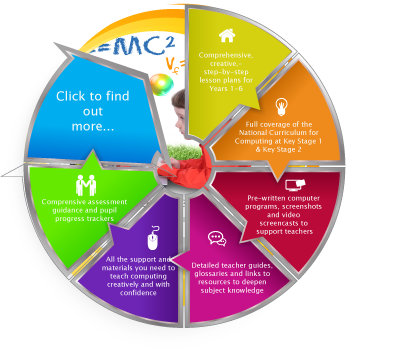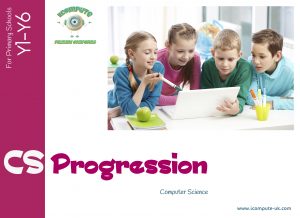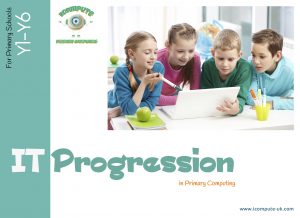EYFS Computing
Laying Solid Foundations for Primary Computing
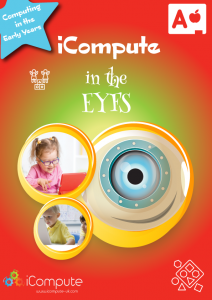 Our children grow up surrounded by technology. Their everyday interactions and experiences involve it, whether that is inside their homes, at school, out shopping or playing.
Our children grow up surrounded by technology. Their everyday interactions and experiences involve it, whether that is inside their homes, at school, out shopping or playing. 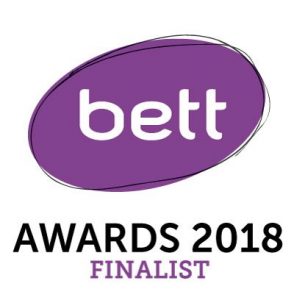
Their world is an ever-changing digital world. We owe it to our children to prepare them for living in it. It is never too early for children to start learning the fundamental principles of computer science because, as Edsger Dijkstra famously pointed out “Computer Science is no more about computers than astronomy is about telescopes” (attrib) .
Much of computing as a subject can be learned without using computers at all. Primary aged pupils are perfectly capable of understanding and executing algorithms. They do so every day: they use algorithms to solve problems in mathematics, learn letter sounds, spell, use grammar – I could go on and on! Algorithms are designed and can be applied in a myriad of different situations. Understanding them has become a core skill because, increasingly, the world we live in is governed by them.
Computing is much more than the computer, the device or the tool. It’s about developing computational thinking skills (more on that in this post) so that our children can become effective, analytical, problem solvers. It’s also about equipping children with an understanding about how computers and computer systems work so that, combined, they develop transferrable skills which will enable them to design, develop or even just adapt to new tools and technologies in this ever changing digital age. But much more importantly, they develop digital literacy: the ability to be able to express themselves and communicate ideas using tools and technology and participate fully in the modern digital world.
The best practice for Computing in the Early Years (EYFS computing) is where activities:
- are imaginative and fun
- challenge
- involve being creative
- require collaboration and sharing
- involve listening, understanding, following and giving instructions
- encourage describing, explaining and elaborating
- encourage investigation
- involve problem solving
- include lots of ‘unplugged’ activities: computing without computers
By offering your children an imaginative, engaging, introduction to computing you help them make solid steps towards understanding the world.
iCompute’s expertise and innovation in teaching & learning with, and about, technology has been recognised by BETT and BESA with iCompute in the EYFS being nominated for two awards. Find out what BESA (chair of the judging panel) has to say about the finalists:




